Reading Improvement Normal Phonics Worksheets for Ages 4-8
10 filtered results
-
From - To
Enhance your child's reading skills with our Reading Improvement Normal Phonics Worksheets, specially designed for ages 4-8. These engaging worksheets introduce phonics concepts through fun activities that captivate your child's interest. Each worksheet focuses on essential skills—letter recognition, sound association, and decoding—providing ample practice to build confidence in reading. Suitable for both classroom and home use, our resources support early literacy development in an enjoyable way. Watch as your child progresses from identifying letters to confidently reading simple words. Start fostering a love for reading with our phonics worksheets today and empower your child's learning journey!
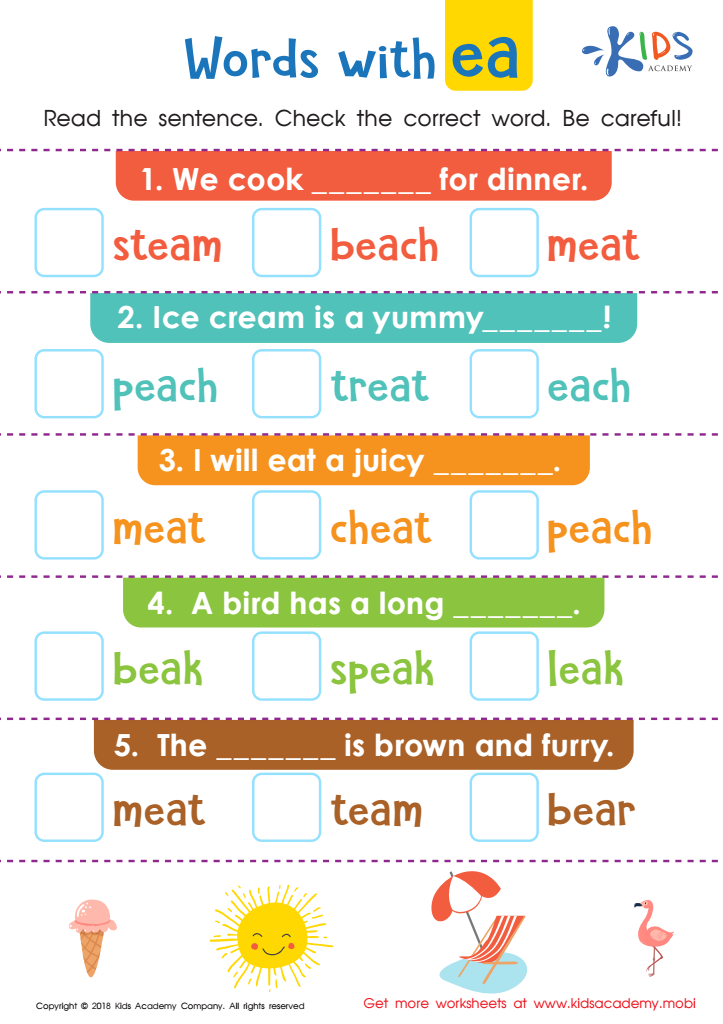

Words with ea Worksheet
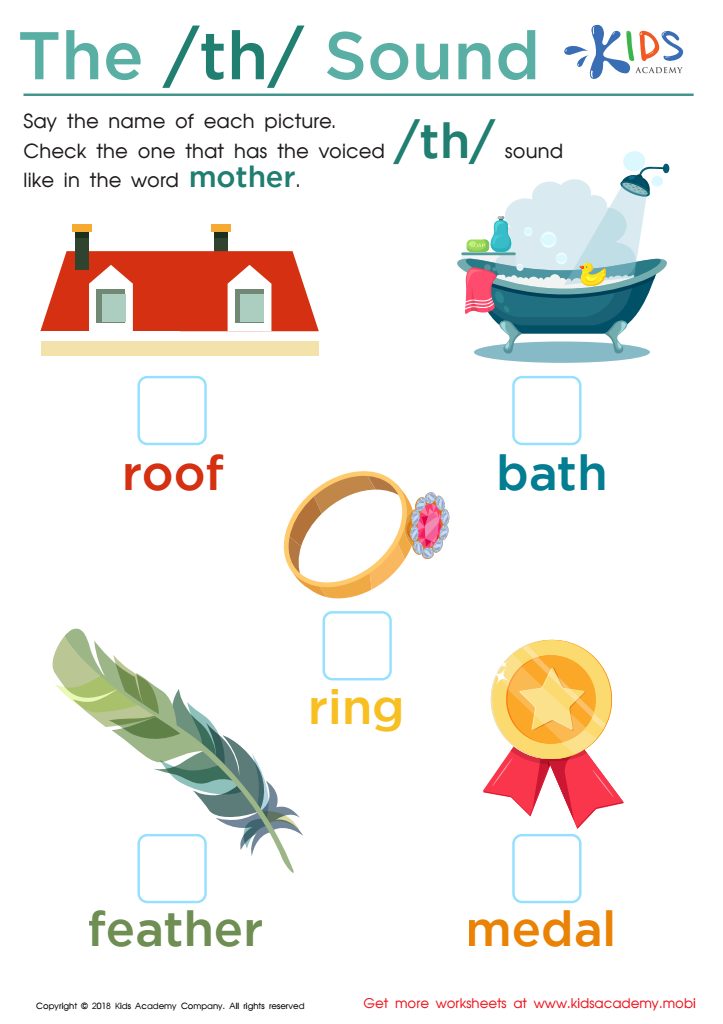

The /th/ Sound Worksheet
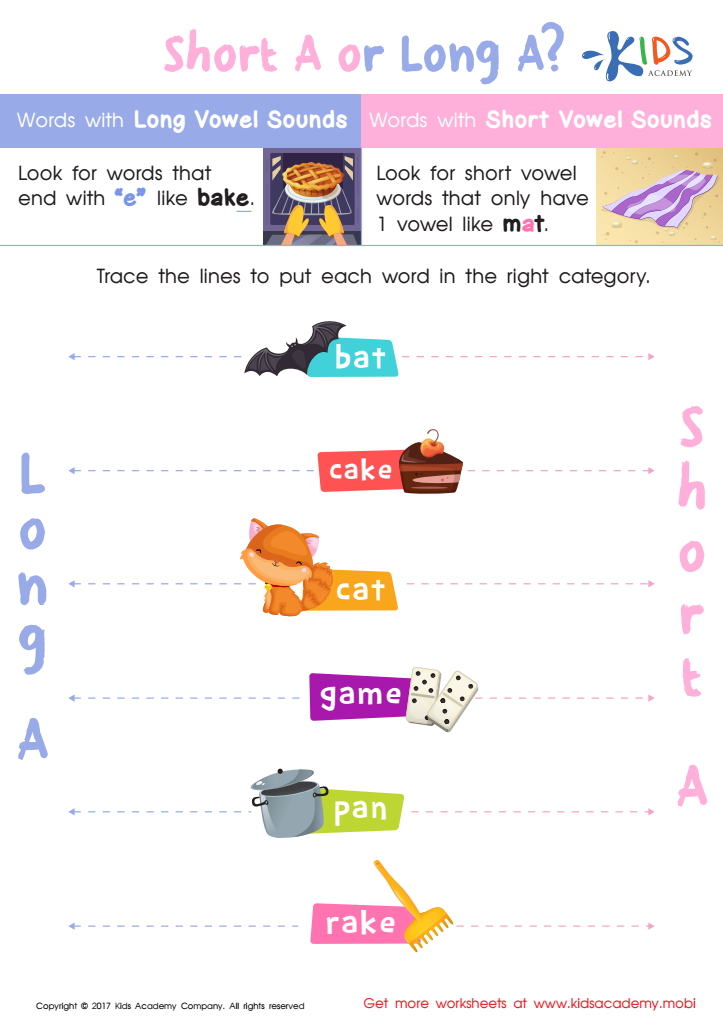

Short /a/ or Long /a/? Worksheet
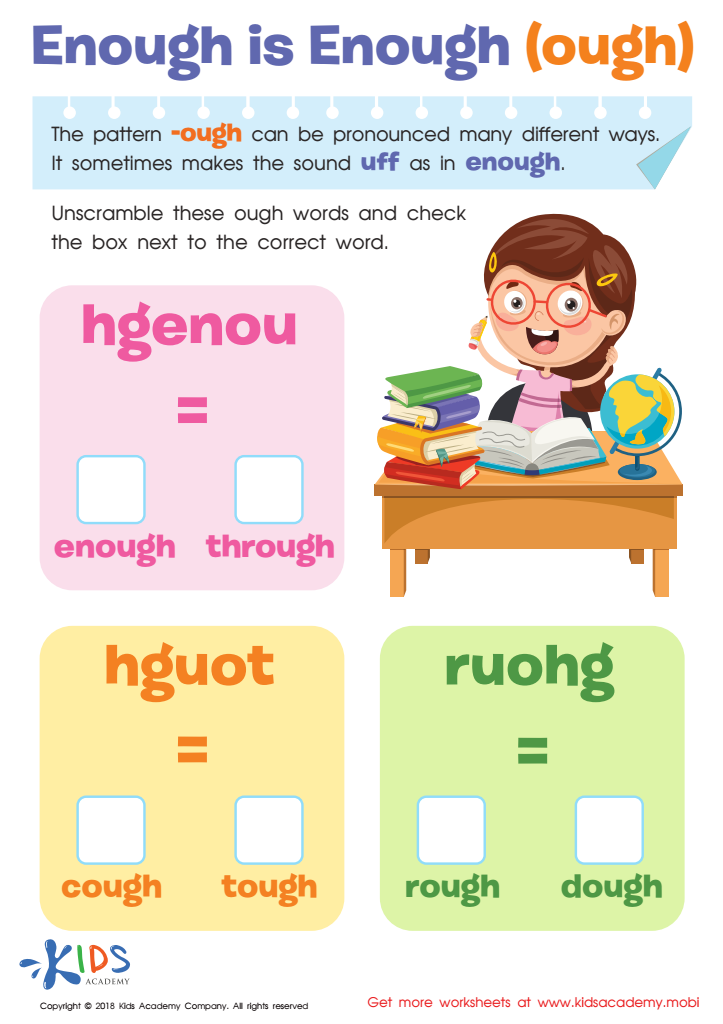

Enough Is Enough (ough) Worksheet
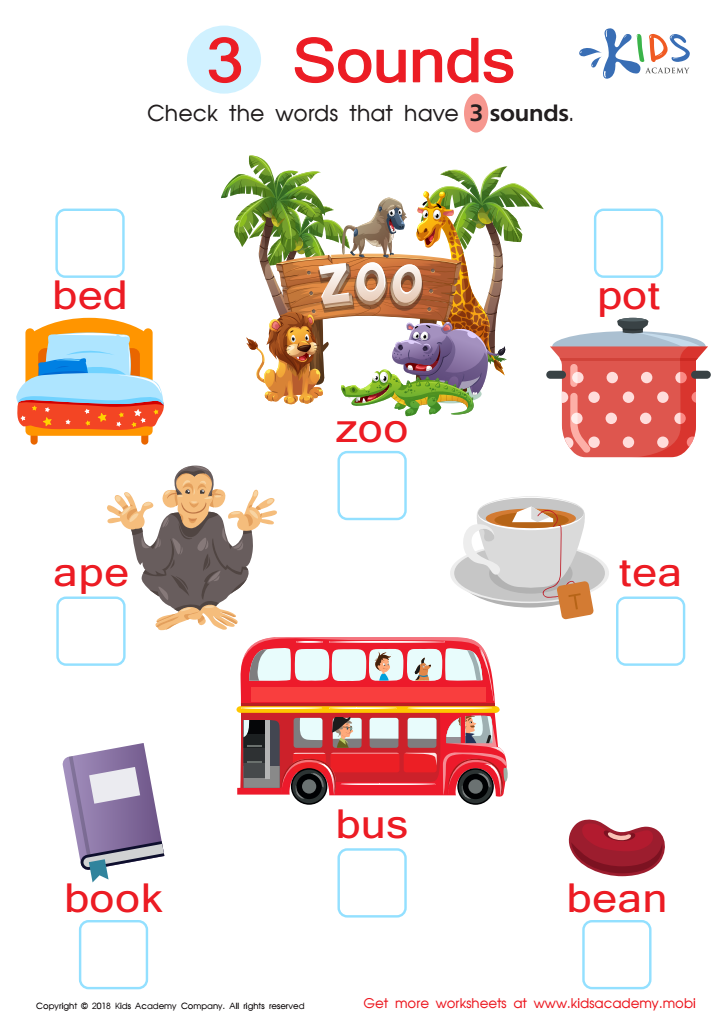

3 Sounds Worksheet
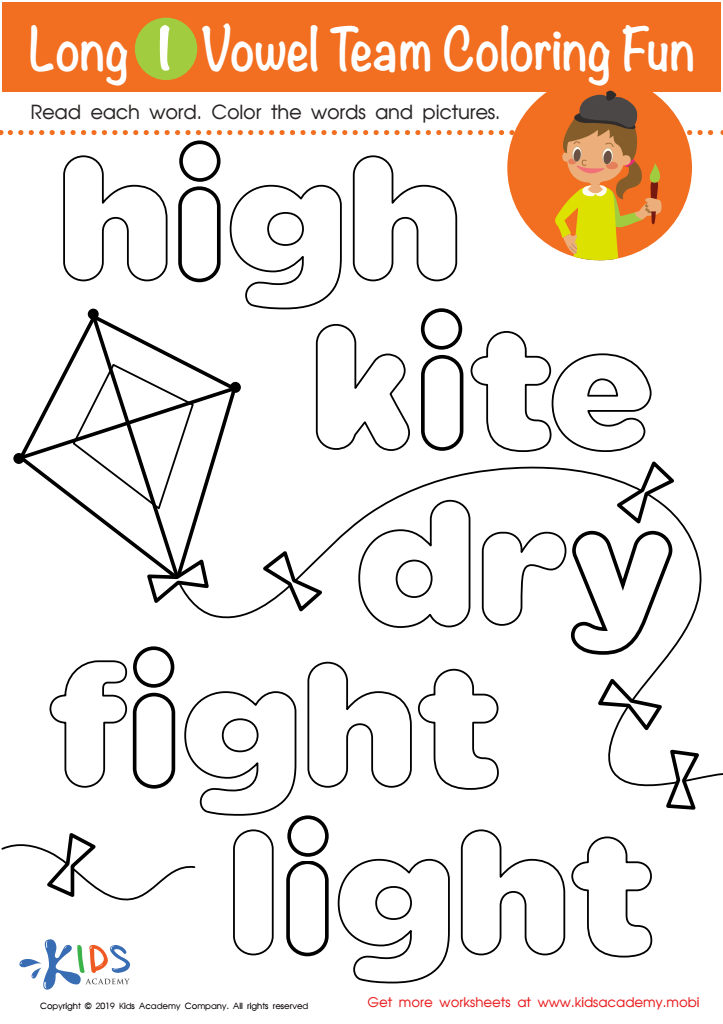

Long I Vowel Team Coloring Worksheet
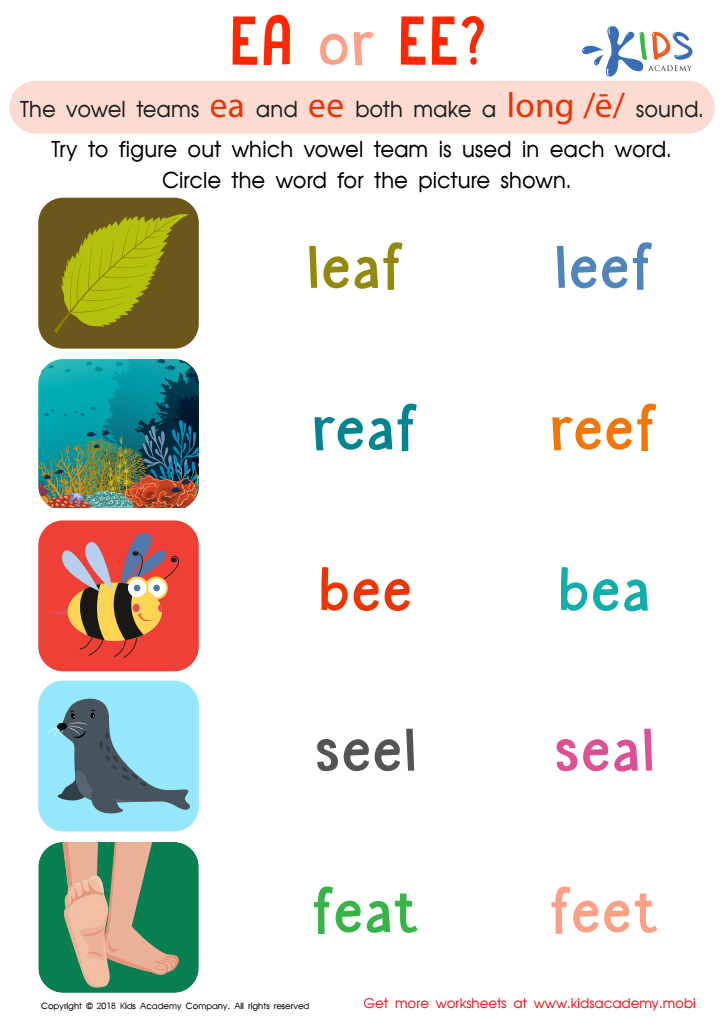

Reading: EA and EE Worksheet
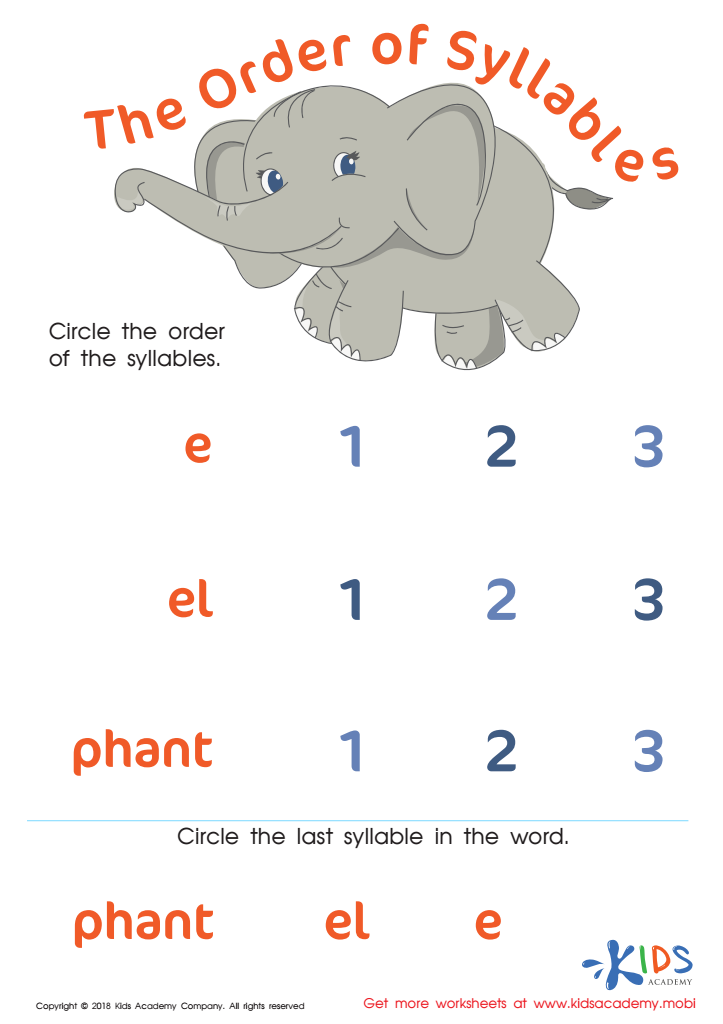

The Order of Syllables Worksheet
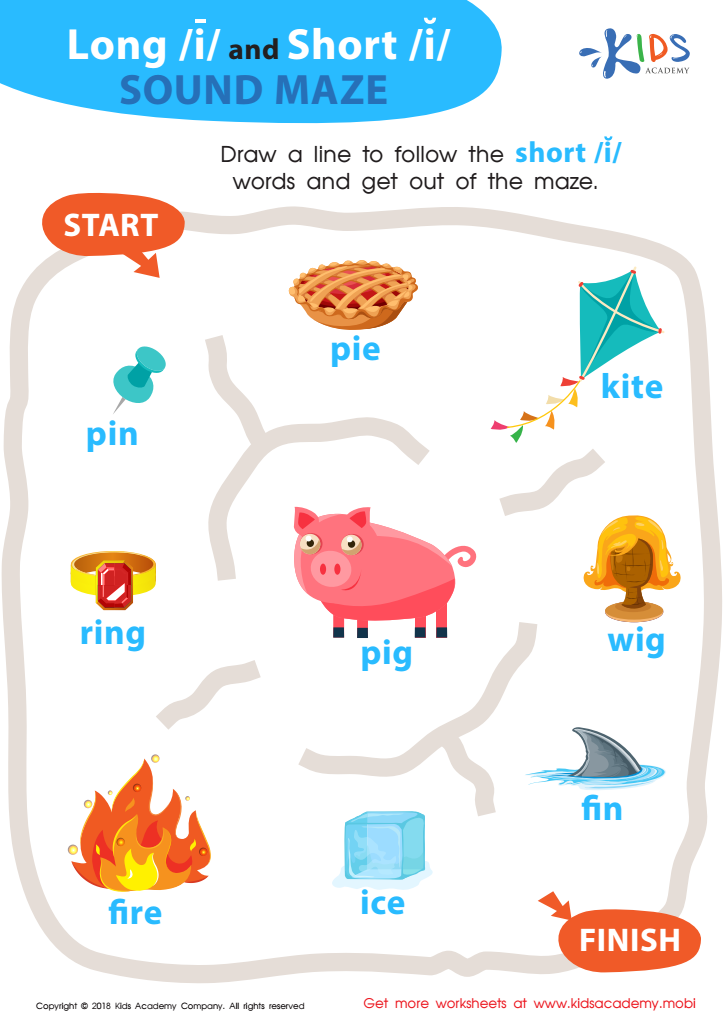

Reading: Long I and Short I Sound Maze Worksheet
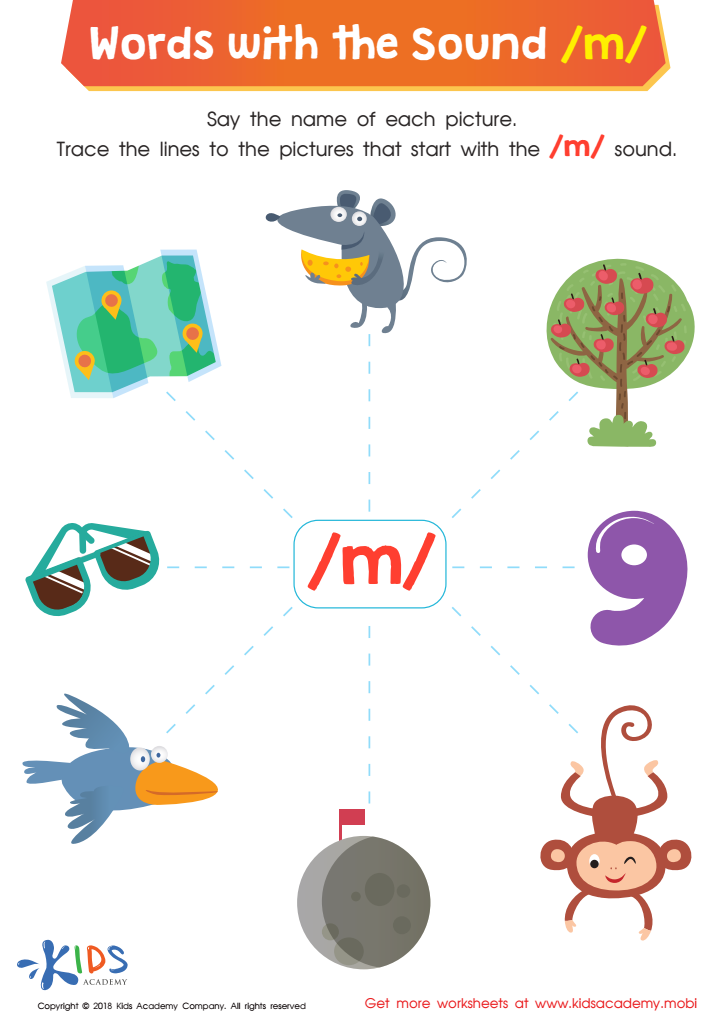

Words with Sound M Reading Worksheet
Parents and teachers should prioritize Reading Improvement Normal Phonics for Ages 4-8 because it establishes a vital foundation for literacy development. This age range represents a critical window where children's brains are highly adaptable and responsive to learning new skills. Phonics instruction enhances their ability to decode words, recognize sounds, and establish a connection between letters and phonemes, which is essential for reading fluency.
Moreover, strong reading skills are closely linked to overall academic success. Children who grasp phonics at an early age tend to perform better in all subjects as they progress through their education. By focusing on phonics, parents and teachers can help foster a love for reading, boost confidence, and encourage independent learning.
Additionally, an effective phonics program addresses diverse learning styles and paces, ensuring that every child has the support they need. This inclusivity can lead to a more equitable learning environment, where all students have the opportunity to succeed. Ultimately, investing time and resources in phonics education not only equips children with the necessary tools for literacy but also enriches their personal growth, enhancing communication skills, social interactions, and cognitive development throughout their lives.
 Assign to My Students
Assign to My Students















